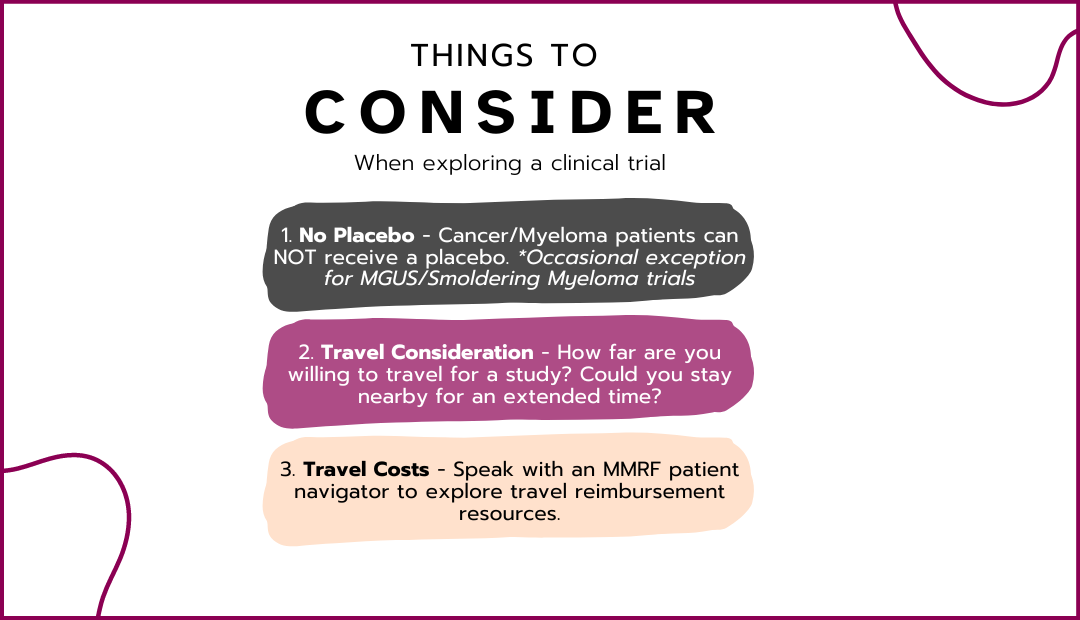Reduced-Intensity Conditioning for the Prevention of Treatment-Related Mortality in Patients Who Undergo a Hematopoietic Stem Cell Transplant
NCT05031897
Age 18 +
Sex Both
Phase Phase 2
Third Opinion Trial Synopsis
In this clinical study, researchers are exploring a new treatment approach for patients with a specific type of blood cancer. The study focuses on using a combination of therapies to improve patient outcomes. Here are some key details about the study:
- The treatment involves a unique combination of drugs that target the cancer cells in different ways.
- Patients will receive the treatment in a specialized setting, which allows for close monitoring and support.
- The study aims to assess how well this combination works compared to standard treatments.
- Researchers are particularly interested in understanding the side effects and overall effectiveness of the new treatment.
- This study includes a diverse group of participants, which helps ensure that the findings are applicable to a wide range of patients.
Third Opinion AI Generated Synopsis
Trial Summary
This phase II clinical trial evaluates whether a modified modality of conditioning reduces treatment-related mortality (TRM) in patients who undergo a hematopoietic stem cell transplant (HSCT) for a hematological malignancy. HSCT is a curative therapy for many hematopoietic malignancies, however this regimen results in higher rates of TRM than other forms of treatment. In recent years, less intense conditioning regimens with radiation and chemotherapy prior to HSCT have been developed. Radiation therapy uses high energy sources to kill cancer cells and shrink tumors while chemotherapy drugs like fludarabine and cyclophosphamide work in different ways to stop the growth of tumor cells, either by killing the cells, by stopping them from dividing, or by stopping them from spreading. This study evaluates whether a two-step approach with lower-intensity regimens of these treatments prior to HSCT reduces the rate of TRM.
This phase II clinical trial evaluates whether a modified modality of conditioning reduces treatment-related mortality (TRM) in patients who undergo a hematopoietic stem cell transplant (HSCT) for a hematological malignancy. HSCT is a curative therapy for many hematopoietic malignancies, however this regimen results in higher rates of TRM than other forms of treatment. In recent years, less intense conditioning regimens with radiation and chemotherapy prior to HSCT have been developed. Radiation therapy uses high energy sources to kill cancer cells and shrink tumors while chemotherapy drugs like fludarabine and cyclophosphamide work in different ways to stop the growth of tumor cells, either by killing the cells, by stopping them from dividing, or by stopping them from spreading. This study evaluates whether a two-step approach with lower-intensity regimens of these treatments prior to HSCT reduces the rate of TRM.
from ClinicalTrials.gov
Locations & Contact
Fill out the form and to let the Multiple Myeloma Research Foundation know you are interested in this trial.
Contacts:

